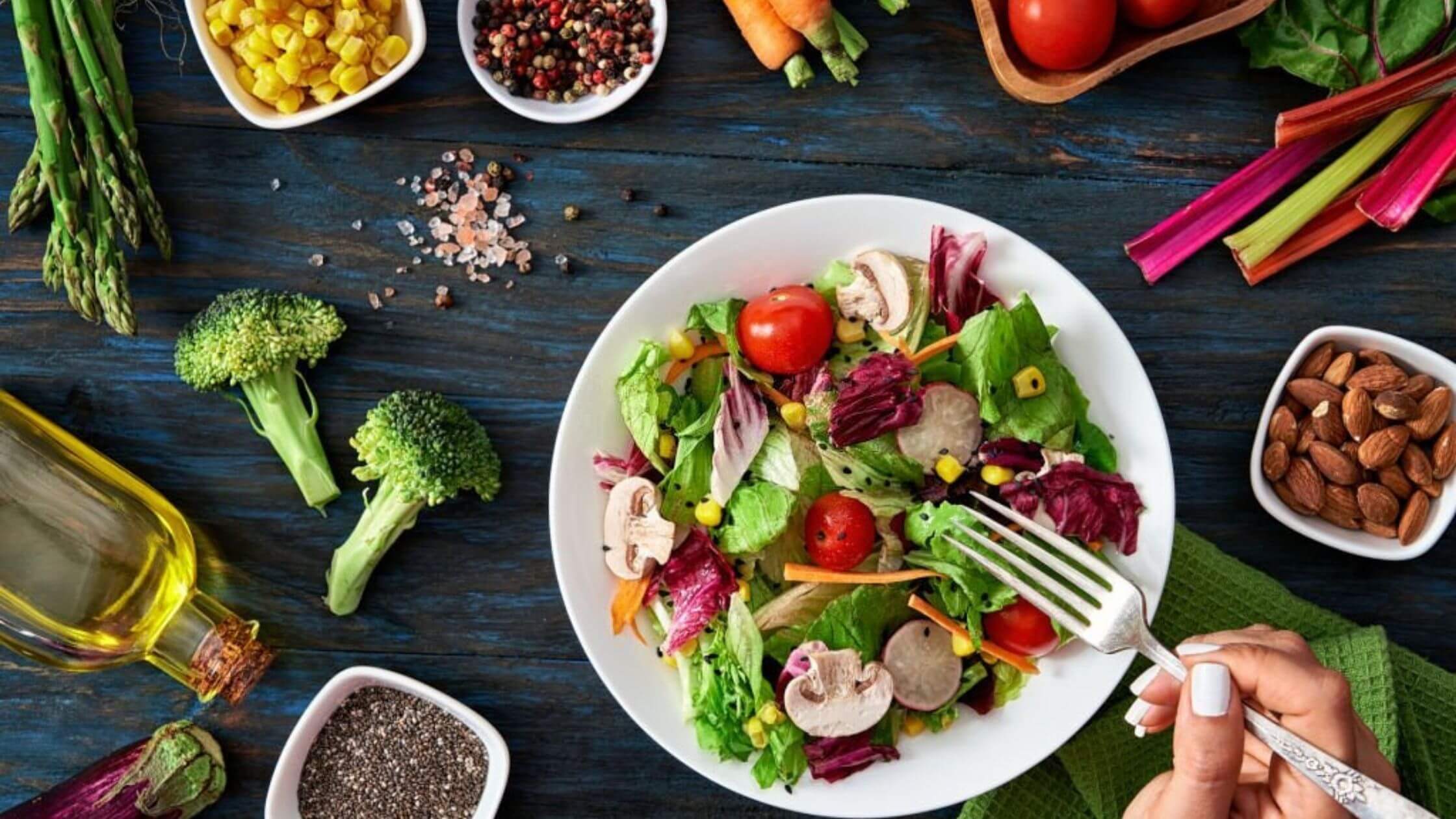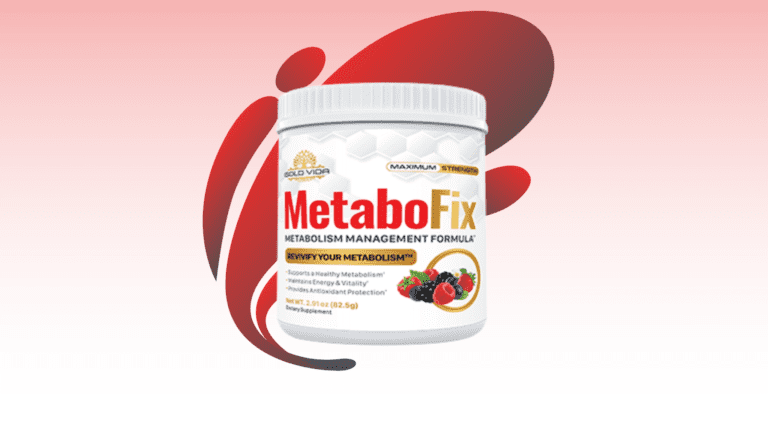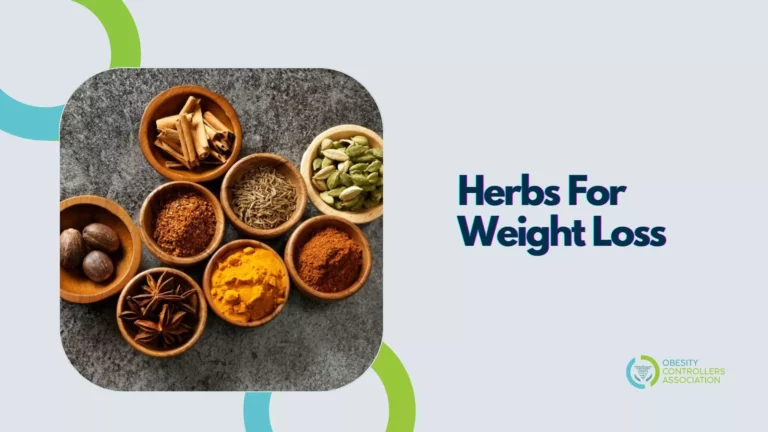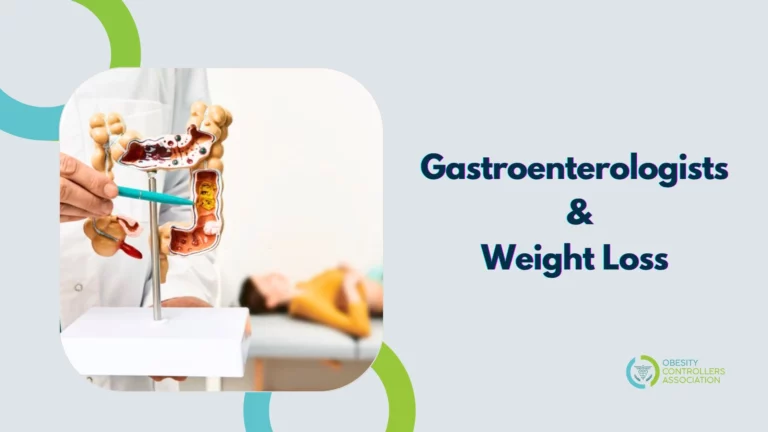Weight Loss Tips For Vegetarians! 7 Day Diet Plan For Weight Loss

Are you looking to shed a few pounds with a vegetarian diet plan? You are in luck! Here, we will outline a healthy and delicious vegetarian meal plan to help you lose weight quickly and easily.
Vegetarian Diet Plan To Lose Weight
A vegetarian diet is a great way to improve your health and lose weight without giving up all the foods you love. We will provide tips for getting enough protein and other important nutrients on a vegetarian diet and plenty of ideas for delicious meals and snacks. So get ready to start shedding those pounds!

A vegetarian diet consists mainly of plant-based foods. This type of diet has many health benefits, including reducing the risk of heart disease, stroke, and some types of cancer. Vegetarian diets can also help to lower blood pressure and cholesterol levels.
👉The Best Foods To Eat On A Vegetarian Diet
There are a variety of nutrient-rich foods that are perfect for a vegetarian diet. Here are some of the best options:
🥦Leafy greens like spinach and kale are packed with vitamins and minerals. They’re also a good source of iron, which is essential for vegetarians since it’s not found in as many plant-based foods.
🥦Beans and legumes are excellent sources of protein, fiber, and antioxidants. They can be used in various dishes, from soups and stews to salads and veggie burgers.
🥦 Whole grains provide complex carbohydrates, vitamins, minerals, and fiber. A few great options include quinoa, brown rice, and oats.
🥦Nuts and seeds are a good source of protein, healthy fats, vitamins, and minerals. They’re perfect for snacking or adding to recipes.
🥦Dairy products like milk, cheese, and yogurt are rich in calcium, protein, and other nutrients. If you don’t eat dairy, plenty of plant-based alternatives is available.
🥦Fruits and vegetables are packed with vitamins, minerals, and antioxidants. Eat a variety of them every day to get the most benefit.
🥦 Supplements can help fill in any nutrient gaps in your diet. Talk to your doctor about which ones might be right for you.
👉Foods To Avoid On A Vegetarian Diet
Vegetarians should avoid a few foods to maintain a healthy diet. These include:
❌Processed meats: These are usually high in salt and fat and can be difficult to digest.
❌White flour products: White flour is often used as a filler in processed foods and can cause bloating and gas.
❌Dairy products: Dairy can be hard on the digestive system, and many people are lactose intolerant.
❌Sugar: Too much sugar can lead to weight gain, insulin resistance, and other health problems.
❌Caffeine: Caffeine can cause anxiety, insomnia, and other issues.
👉How To Make Sure You’re Getting All The Nutrients Your Body Needs.
There are a few ways to ensure you’re getting all the nutrients your body needs:
- Eat a variety of foods from all the food groups. This will help ensure that you’re getting a wide range of nutrients.
- Focus on eating more whole foods and fewer processed foods. Whole foods are generally packed with more nutrients than their processed counterparts.
- Include plenty of fruits, vegetables, and other nutrient-rich foods in your diet. These foods are loaded with vitamins, minerals, phytochemicals, and other essential nutrients for good health.
- Consider supplementing your diet with a multivitamin/multimineral supplement to help fill in any nutrient gaps.
👉Tips To Lose Weight On A Vegetarian Diet
- Eat a balanced diet: A vegetarian diet can be healthy, but it’s important to ensure you’re getting all the nutrients your body needs. Make sure you include plenty of fruits, vegetables, and whole grains in your diet.
- Watch your portion size: Just eating vegetarian doesn’t mean you can eat unlimited amounts of food. Be mindful of how much you’re eating, and make sure you’re not overindulging.
- Include protein in your diet: Protein is an important part of any diet, especially for vegetarians. Make sure you include plenty of protein-rich foods in your diet, such as beans, lentils, tofu, and quinoa.
- Avoid processed foods: Processed foods are often high in calories and low in nutrients. If you’re trying to lose weight, it’s best to avoid them as much as possible.
- Get active: Exercise is an important part of any weight loss plan. If you’re not used to exercising, start slowly and gradually increase your activity level.
👉Sample vegetarian meal plan for one week
Day 1:
Breakfast: A spinach and cheese omelet with whole-grain toast.
Lunch: A veggie burger on a whole wheat bun with roasted sweet potatoes.
Dinner: Quinoa and black bean burrito bowls with avocado and salsa.
Day 2:
Breakfast: A smoothie made with banana, almond milk, yogurt, and honey.
Lunch: Veggie wrap filled with hummus, avocado, and tomatoes.
Dinner: Portobello mushroom pizzas with a salad.
Day 3:
Breakfast: Oatmeal with almonds and berries.
Lunch: Tomato soup with grilled cheese sandwiches.
Dinner: Grilled salmon with roasted veggies.
Day 4:
Breakfast: Yogurt with granola and fruit.
Lunch: A Cobb salad with chickpeas.
Dinner: Veggie stir-fry over brown rice.
Day 5:
Breakfast: Eggs benedict with avocado and tomato.
Lunch: Green salad with roasted beets and balsamic dressing.
Dinner: Veggie pizza with a side salad.
Day 6:
Breakfast: Toast with peanut butter and banana.
Lunch: Leftover veggie stir-fry from the night before.
Dinner: Black bean tacos with fruit salsa.
Day 7:
Breakfast: A spinach and egg omelet.
Lunch: A veggie sandwich on whole-grain bread.
Dinner: Veggie soup with whole-grain crackers.
Conclusion
As you can see, there are plenty of vegetarian meal options to choose from. Whether you’re looking for breakfast, lunch, or dinner ideas, you’re sure to find something that fits your needs and tastes. Enjoy!





